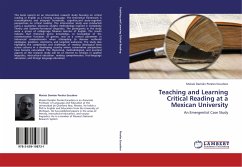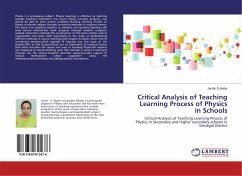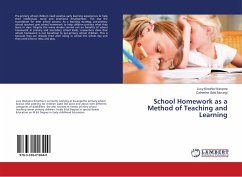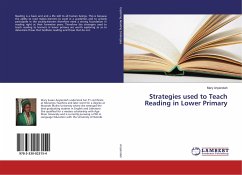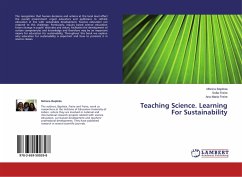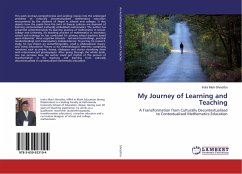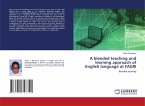This book reports on an intervention research study focusing on critical reading in English as a Foreing Language. The theoretical framework is transdiciplinary and integrats humanistic, cognitive,and socio-cognitive perspectives on critical reading. The intervention study was conducted using a qualitative, discourse analytic methodology inspired in Complexity Theory and Systemic-Functional Linguistics. The participants in the study were a group of college-age Mexican learners of English. The results indicate that rhetorical genre knowledge, or knowledge of the communicative functions of genres, acts as a control parameter in inferencial comprehension when attempting to discover authorial ideologies, positions, intentions, and targeted audiences. The study also highlights the complexities and challenges of reading ideological texts across cultures in a developing country where conservative perspectives have become naturalized. The theoretical, methodological, and practical aspects of this research study will be of interest to scholars in applied linguistics, intercultural education, reading comprehension, first-language education, and foreign language education.
